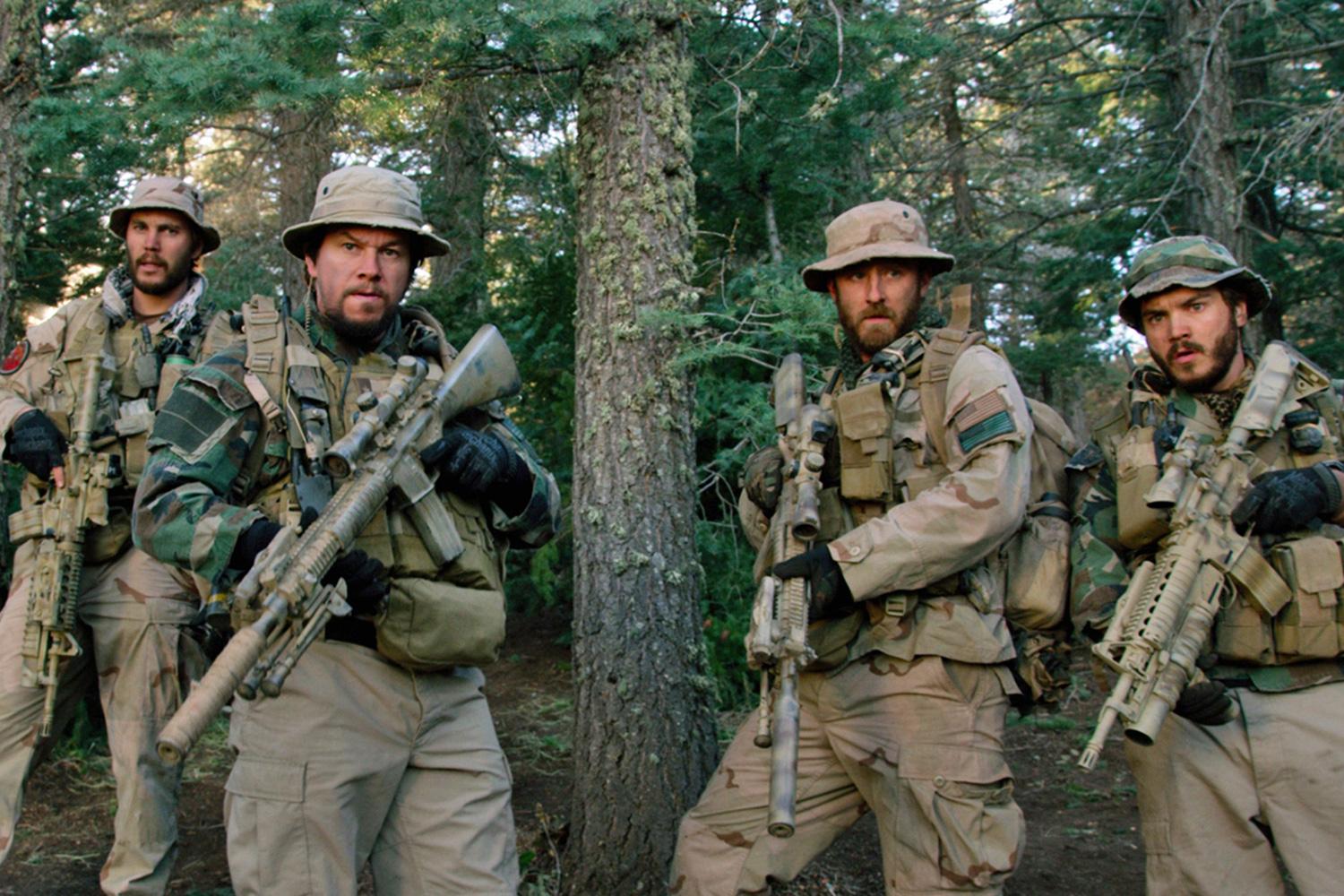Another book club update. I finished reading Lone Survivor a couple of weeks ago. I had no intention of doing any kind of book reviews when I started this Year-of-the-Written-Word thing, I just wanted to keep a tally of books I’ve read (up to date count: two books). But I’ve been thinking about this one since I finished reading it.
People keep asking me if it was good. I definitely enjoyed it. It was an easy, intriguing read and a compelling story. You do have to keep in mind that the author is a Navy Seal from Texas. As I’ve said before, there is a lot of “Rah-Rah America! We’re the toughest SOBs around!” bullshit that you have to sift through. Including more than one chapter dedicated to all of the physical training they do as SEALS (lots of talk about push ups). He takes shots at “liberals” and the “left wing media” that are downright eye-rolly. And he hero-worships George Dub-Ya. Egads.
The thing that I find so interesting is this— the fear or thought of how the media would report on their actions affected the battlefield decisions of these Navy SEALS and in the end cost three of them their lives. I don’t say that to oversimplify and be all, “The media are responsible for their deaths!” But the truth is that media is so pervasive in our lives it affects the way everyone does their jobs, including the military. In this case it had a very real and tragic effect.
When I was in school, I had to take classes on Media Theory. There was one on Racial Representation in media. Advertising as Social Communication; Media History; Opinion, Propaganda and Political Communication–lots of research, reading and papers written about how media shapes our culture. So I’m a bit of a nerd about this stuff. It’s probably why this has been bouncing around in my brain the last few weeks.
The Internet–Social Media, Twitter & Youtube in particular—has drastically changed the way we get information as well as the way we see the world and ourselves in it. This is a fairly recent phenomenon (as in the last ten years) and much has been written about it. But I wonder how much research has been done on the effect it has on people who are not media experts, but whose work is now in the public eye thanks to smartphones. A lot of people who are not trained in media relations now have to consider optics and messaging as they go about their jobs. Or they don’t consider those things and get in trouble.
I guess the question is, should we force everyone into this position? I have a couple of close friends who are first responders, and I know from listening to their work stories that how things are reported in the media are often far from the full truth, and the way something looks on camera doesn’t always tell the whole story. Do we want our soldiers, doctors or police officers to have to stop and consider what something might look like on Youtube when they are in the middle of a volatile situation, making split second life and death decisions? Can you imagine trying to do that job with a camera shoved in your face (Remember this guy)? Or with people who are not trained and have no experience in combat judging your every decision in hindsight?
There is probably a master’s thesis in here somewhere about media representation of the military and/or law enforcement. And I realize there are other sides to this issue like accountability and transparency. The point is—I really enjoyed the book. It was a great story and it made me stop and think. I also learned a thing or two about Afghanistan and the history of the conflict there. You should read it. With your critical thinking cap on.
Next up: On Beauty by Zadie Smith. Switching gears entirely.
